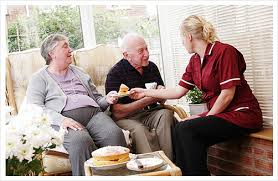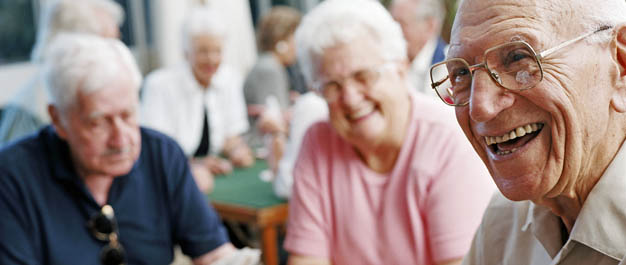It aims to improve the quality of their patients’ lives. This is a place where people with disabilities get the best possible care as they recuperate. This is where they continue living as normal people until they are completely healed.
They call this place, Assisted Living Centers (ALCs). There are so many assisted living centers in the country. These facilities provide patients with health care services, while monitoring their daily activities. These centers are out to ensure safety and well-being to their patients.
ALCs understand that the best way to deal with sickness is to provide a home atmosphere. Their patients, who have disabilities in themselves, would recover fast with them. They provide personal care with a feel of home, assisting them even as they mend their illnesses. Assisted living centers started its boom in the 90s. It’s an offshoot of the eldercare institutions that provide medical attention to the old. But with a difference. ALCs do not function like that of a retirement home.
Other assisted living centers do look like homes in themselves, not just the atmosphere. At times these living centers tend to feel like an apartment to these patients. It was born out of the idea that personal care and providing home-like services are perfect medical amenities in themselves.
Patients can also choose his or her own doctor in an ALC. Unlike in other facilities where patients have limited access, but with assisted living centers, they have the freedom to choose.
ALCs generally cater to those patients with disabilities. This is the reason why others have built larger bathrooms, kitchens with wheelchairs in it, rooms are wider, and hallways even have support railing.
Most assisted living centers conduct their businesses with providing constant medical upkeep as their main goal. And they align their services with the Americans with Disabilities Act of 1990 (ADA).

